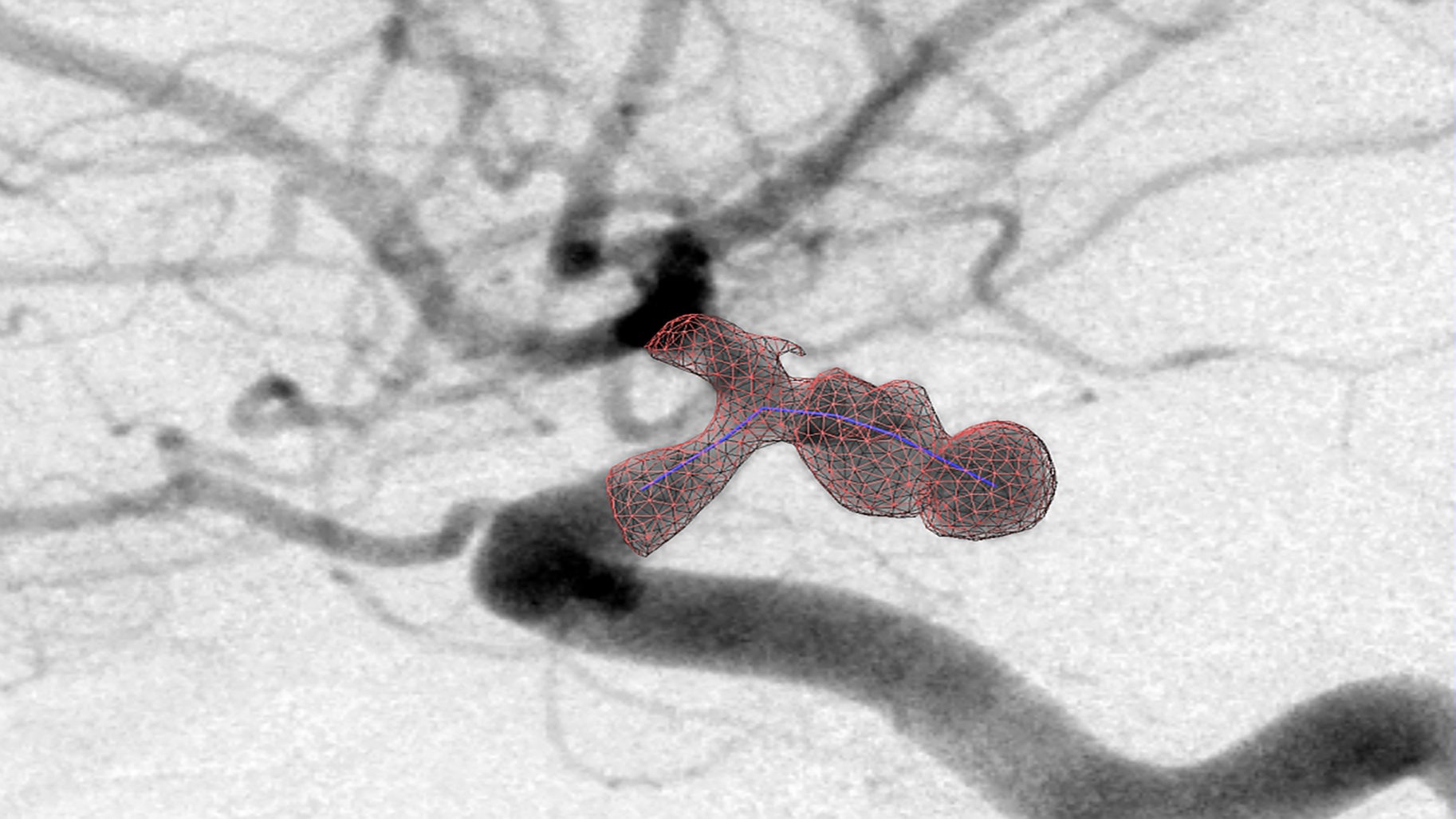Nurea : expertise in medical imaging
Date:
Changed on 04/08/2022

We develop software tools that make analysing medical images from scans quicker and easier for radiologists and surgeons. In just a few minutes, our tools are capable of automatically extracting the clinical diagnostic and decision-making indicators for cardiovascular diseases (aneurysms, stenosis, etc.). Contrast this to existing tools, which can take around half an hour to deliver an incomplete result with a lot of manual work required. By detecting weak signals of the presence of cardiovascular diseases, our aim is to reduce the number of cardiovascular accidents - which cause 18 million deaths a year - by roughly 20%. We work in close collaboration with practitioners, hospitals and suppliers of image storage systems in order for our tools to be integrated in a fully transparent way for our users. We are currently collaborating with some ten or so hospitals in Europe and North America. Through these decision and diagnostic support tools, our aim is to quickly identify patients at risk of stroke, heart attack or aneurysm. Our vision is to use imaging as a prevention tool, helping medicine to become more precise and more personalised.
Given that our software is considered to be a medical device, there are technological challenges surrounding deployment with all of the regulatory constraints governing medical devices. These relate to data security and anonymisation, but also to the integration of existing tools in order to avoid bringing complexity into the workflow for users, who have enough of that as it is.
Our next target is to obtain marketing authorisation for our device in Europe and North America. We should be ISO 13485 certified by early 2021 before obtaining CE marking and FDA authorisation in the months after that. We have begun clinical trials in Europe and North America aimed at demonstrating that our software can help practitioners to anticipate accidents and/or complications.
Nurea, partner of ARIA, the fundamental research programme in fluid mechanics
Before launching the start-up, I studied for a PhD in applied mathematics as part of Inria’s Memphis* project team. During this time I was given the opportunity to work with companies, which gave me a desire to apply my knowledge and expertise and made me understand the impact it could have outside of research. I also wanted to create a project that would serve a purpose from the start, managing all aspects (identifying needs, funding, developing the project strategy, recruitment, R&D, etc.) and so it was only logical to launch a start-up. Perhaps I also wanted to be carefree and independent... I then began to focus on my personal convictions, while identifying which needs digital tools from research and my expertise could address. Inria provided vital support during this initial project-building phase through training, assistance, project challenges and funding. Moving from the academic world to the business world, from a research vision to a need/solution/product vision is not easy, and requires the sort of time and support Inria are able to provide.
* Memphis is a joint project-team of Inria, CNRS, the university of Bordeaux and Bordeaux INP within the IMB (UMR 525) and the Inria Bordeaux-Sud-Ouest research centre.